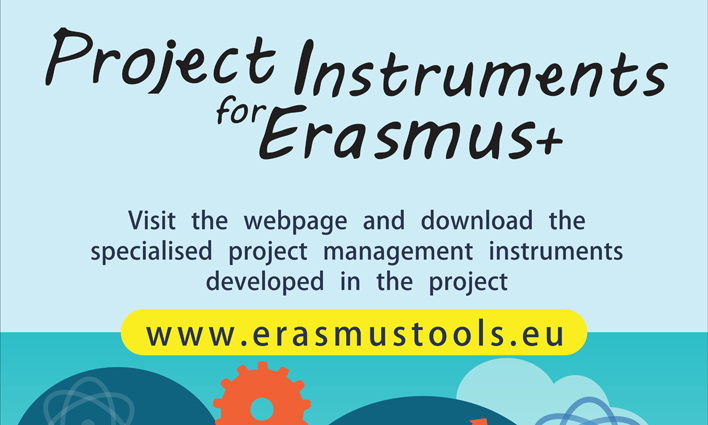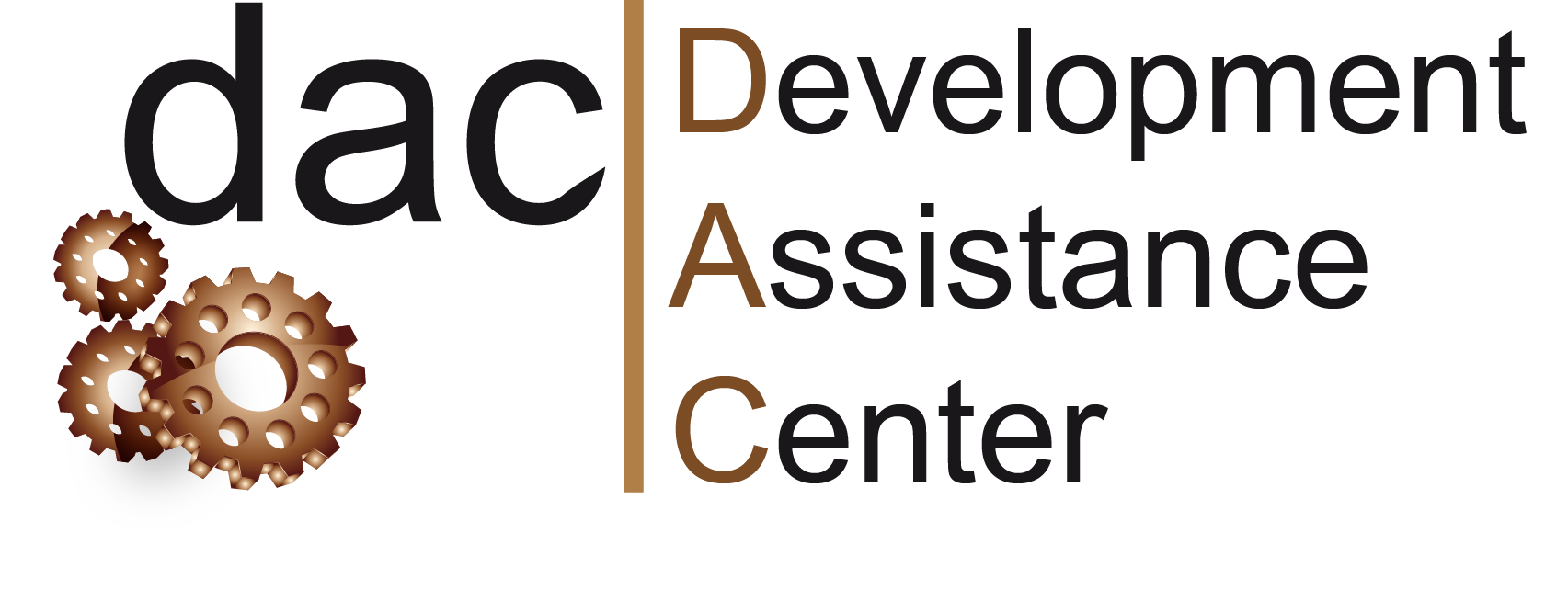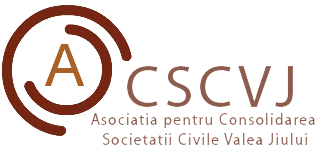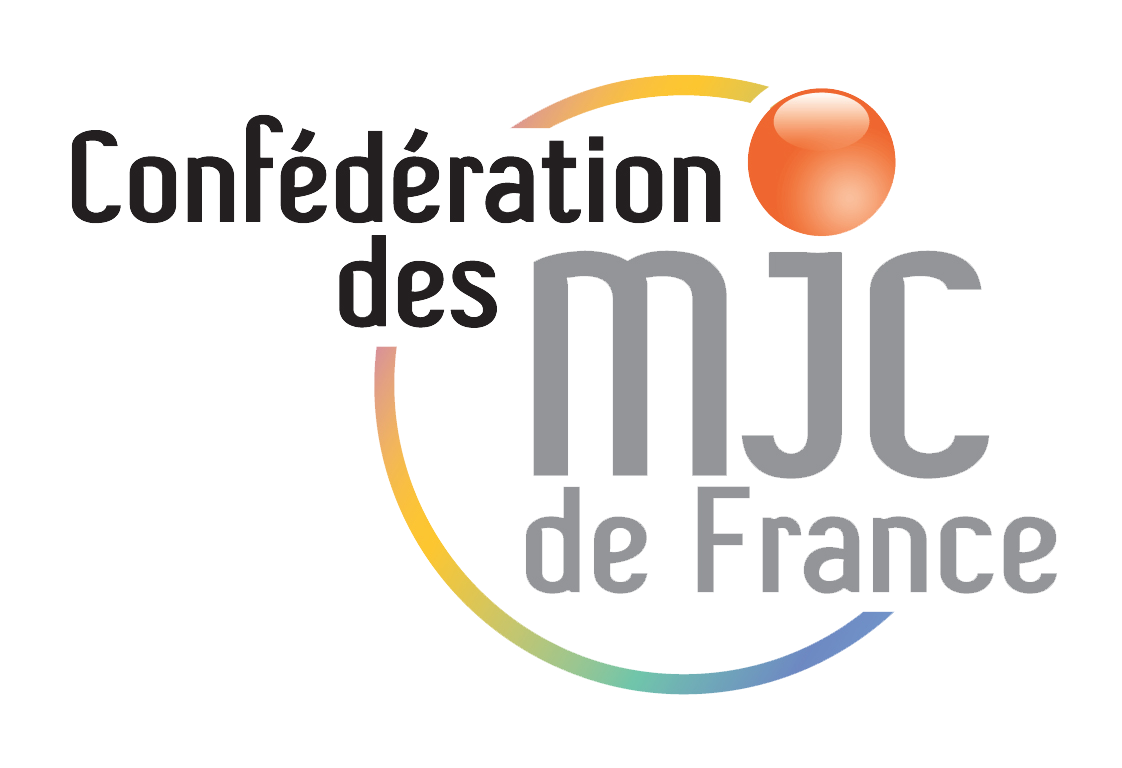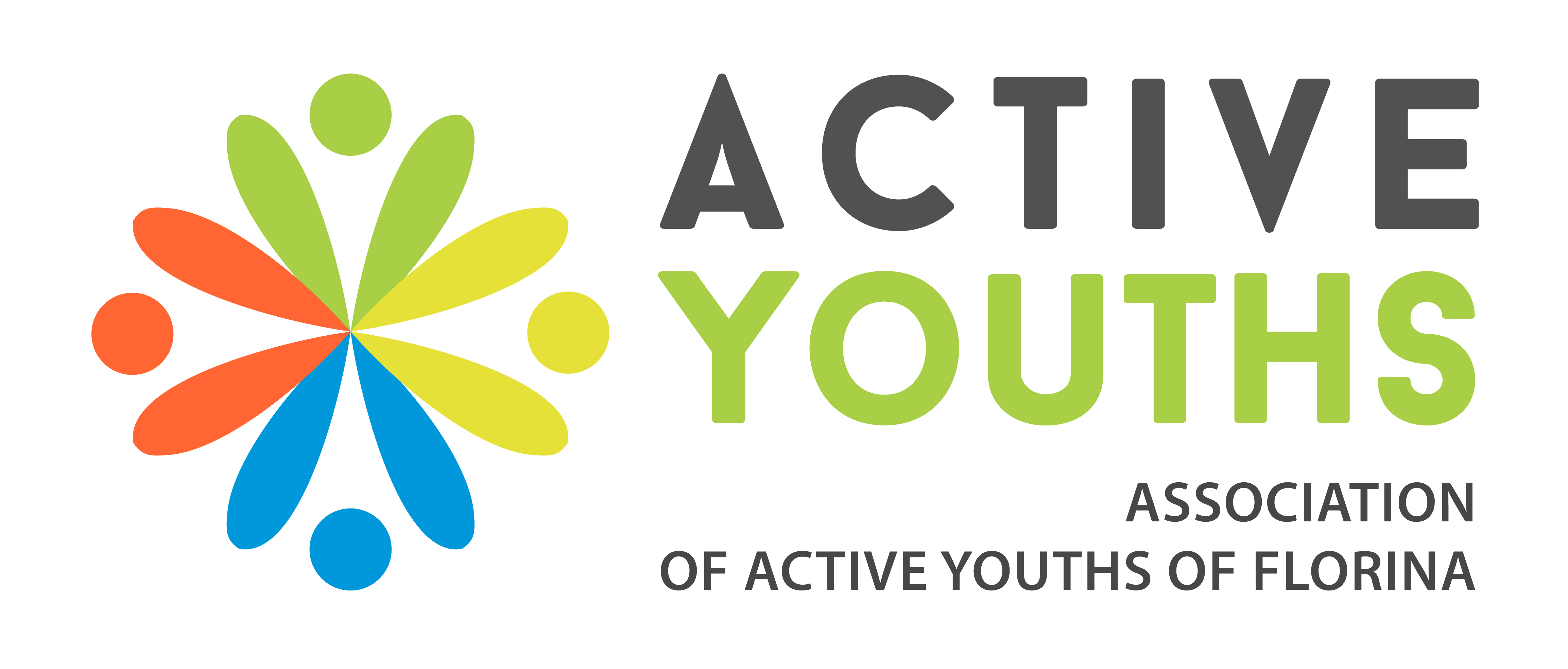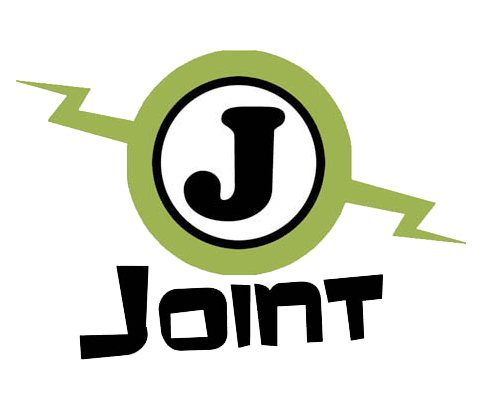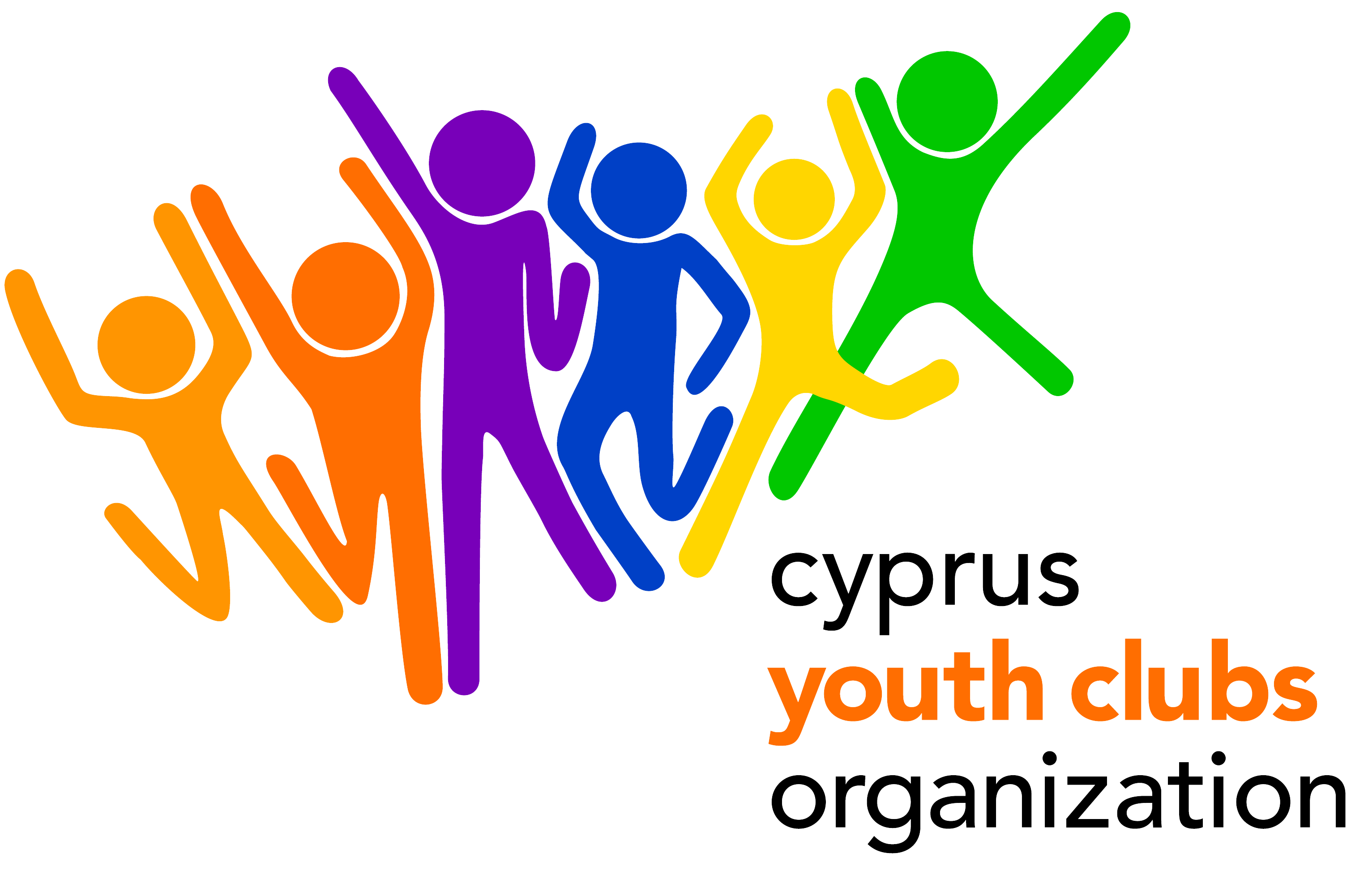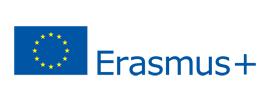-
Project Instruments for Erasmus+
PIE+ is a Strategic partnership project financed by the Erasmus+ programme.
The aim of the project is to develop the quality and competence in writing and management of the KA2 projects and more. The project responds to a need identified among the partner countries and also other organizations in Europe: the new Erasmus + programme have introduced a series of changes in the way in which the interested actors can apply for projects by giving them the possibility to corroborate several international activities in only one project. Moreover a new type of action was introduced: the strategic partnership. These changes have created the need for the use of more specialized project management instruments which can give the applicants and their partners the possibility to manage and follow these larger projects.
The objective of the project is to develop templates and work procedures which can be used for the management of more complex projects (containing more than one international meeting). Our project will be the first project to test these instruments and based, among others, on the on-going use and real life time feed-back we will adjust them so that they fit the practice and reality of project management.
The target group of the project is different stakeholders (NGOs, municipalities, social enterprises, schools etc) interested in implementing Erasmus+ strategic partnerships or more complex projects (containing more than one international activity).
The instruments that will be developed will be suitable for the follow-up and implementation of all kind of projects but even more important of projects with several international mobilities and types of activities (job-shadowings, mobilities of staff, youth exchanges, seminars, study visits, international project meeetings, dissemination events etc).
The international activities included in the project are: • a kick-off meeting, mid-term planning and final evaluation meeting;
• six meeting of the Instruments Development Group;
• international training course in Florina, Greece in October 2016;
• international training course in Malaga, Spain in March 2017;
• local dissemination events in each of the seven partner countries organized between February and April 2017.
The project will be implemented between November 2015 – July 2017.

